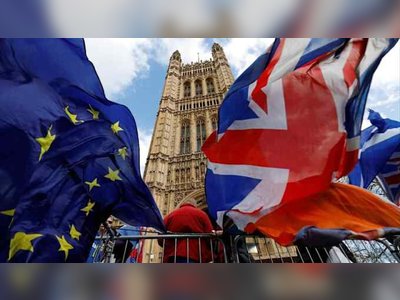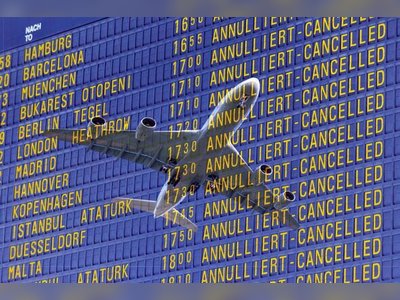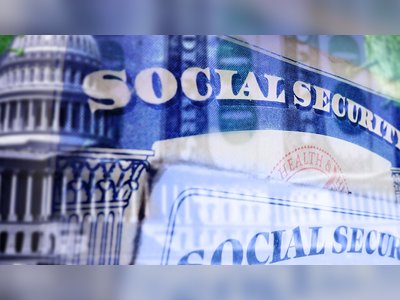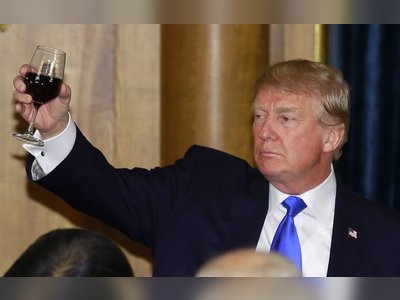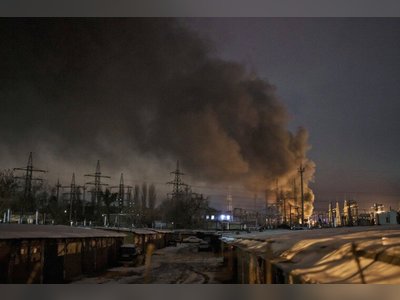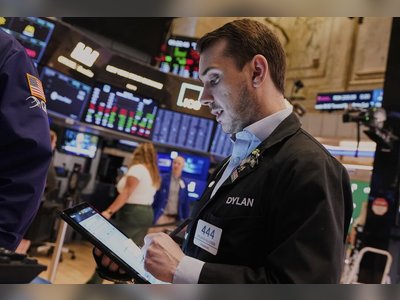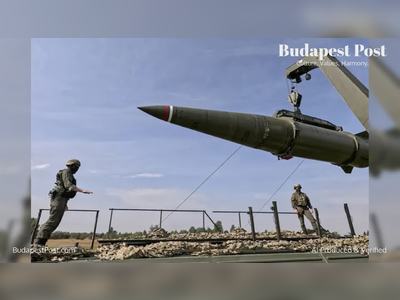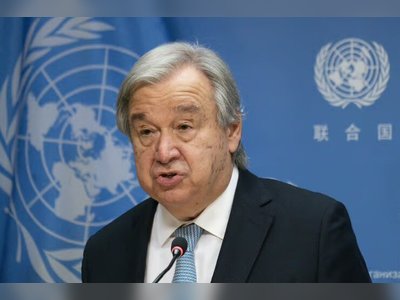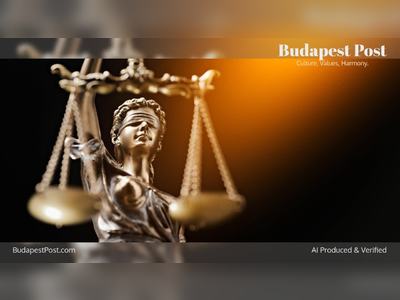Macron's Gamble: Navigating France's Political Tempest
Amidst a fragmented parliament and public discontent, Macron seeks stability in turbulent waters
French President Emmanuel Macron, facing an unprecedented political maelstrom, has declared his intent to remain in office until the end of his term in twenty twenty-seven.
The decision comes amid significant political instability following his controversial move to dissolve parliament after electoral setbacks.
Originally intended to recalibrate France's political dynamics, the dissolution inadvertently compounded the nation's turmoil, leaving it with a fragmented and potentially ungovernable legislature.
Public disillusionment seems evident, with sixty-four percent of the French populace reportedly yearning for his resignation.
This sentiment underscores the dissonance between Macron's strategies and the electorate’s expectations.
Yet, the broader landscape is pivotal.
Macron's perseverance, although ostensibly bold, carries echoes of historical precedent in French politics.
His choice to dissolve parliament sought to reaffirm centrist stability at a time when the country's political spectrum is becoming increasingly polarized.
This maneuver, albeit audacious, is critically tied to broader European concerns over stability and unity amid regional uncertainties.
Macron's rhetoric, which frequently points to opposition forces, especially the far-right, as architects of discord, reveals a defensive posture.
This narrative potentially sets up a dichotomy of 'us versus them', ostensibly rallying his base yet risking deepening political fissures.
However, it is this very stance that some argue is buttressing Macron's presidency, providing a semblance of continuity that may appease investors and soothe economic jitters.
The current delay in appointing a new prime minister and setting concrete policies exacerbates perceptions of a leadership void.
Herein lies the tension between Macron’s verbal commitment to continuity and the palpable absence of decisive policy action.
As observers, the situation evokes Charles de Gaulle's adage that politics demands engagement beyond the politicians alone, suggesting the necessity of a comprehensive societal dialogue.
In times of crisis, questions of leadership's essence emerge: Is the steadfastness Macron exhibits truly beneficial, or does adaptability hold greater value?
As the conversation unfolds, France, and indeed the world, watches intently, pondering the balance of resilience and flexibility in leadership.
The decision comes amid significant political instability following his controversial move to dissolve parliament after electoral setbacks.
Originally intended to recalibrate France's political dynamics, the dissolution inadvertently compounded the nation's turmoil, leaving it with a fragmented and potentially ungovernable legislature.
Public disillusionment seems evident, with sixty-four percent of the French populace reportedly yearning for his resignation.
This sentiment underscores the dissonance between Macron's strategies and the electorate’s expectations.
Yet, the broader landscape is pivotal.
Macron's perseverance, although ostensibly bold, carries echoes of historical precedent in French politics.
His choice to dissolve parliament sought to reaffirm centrist stability at a time when the country's political spectrum is becoming increasingly polarized.
This maneuver, albeit audacious, is critically tied to broader European concerns over stability and unity amid regional uncertainties.
Macron's rhetoric, which frequently points to opposition forces, especially the far-right, as architects of discord, reveals a defensive posture.
This narrative potentially sets up a dichotomy of 'us versus them', ostensibly rallying his base yet risking deepening political fissures.
However, it is this very stance that some argue is buttressing Macron's presidency, providing a semblance of continuity that may appease investors and soothe economic jitters.
The current delay in appointing a new prime minister and setting concrete policies exacerbates perceptions of a leadership void.
Herein lies the tension between Macron’s verbal commitment to continuity and the palpable absence of decisive policy action.
As observers, the situation evokes Charles de Gaulle's adage that politics demands engagement beyond the politicians alone, suggesting the necessity of a comprehensive societal dialogue.
In times of crisis, questions of leadership's essence emerge: Is the steadfastness Macron exhibits truly beneficial, or does adaptability hold greater value?
As the conversation unfolds, France, and indeed the world, watches intently, pondering the balance of resilience and flexibility in leadership.
AI Disclaimer: An advanced artificial intelligence (AI) system generated the content of this page on its own. This innovative technology conducts extensive research from a variety of reliable sources, performs rigorous fact-checking and verification, cleans up and balances biased or manipulated content, and presents a minimal factual summary that is just enough yet essential for you to function as an informed and educated citizen. Please keep in mind, however, that this system is an evolving technology, and as a result, the article may contain accidental inaccuracies or errors. We urge you to help us improve our site by reporting any inaccuracies you find using the "Contact Us" link at the bottom of this page. Your helpful feedback helps us improve our system and deliver more precise content. When you find an article of interest here, please look for the full and extensive coverage of this topic in traditional news sources, as they are written by professional journalists that we try to support, not replace. We appreciate your understanding and assistance.
